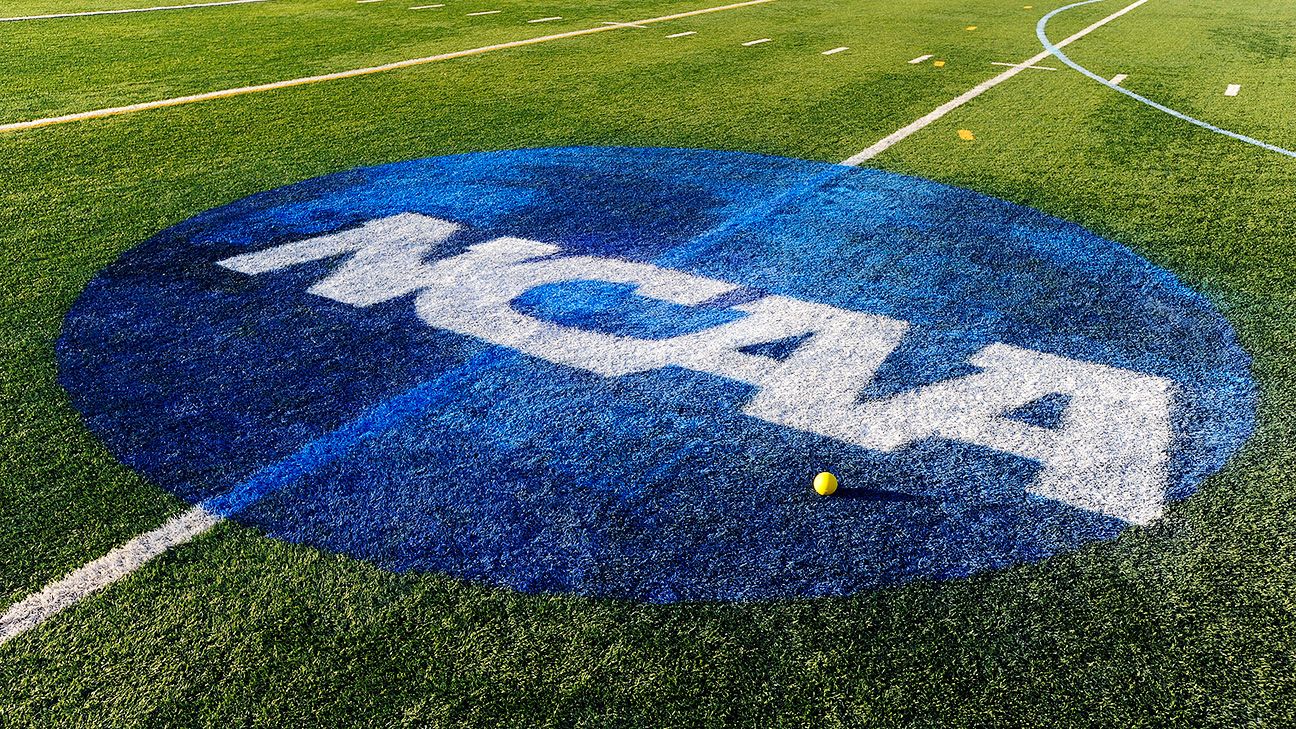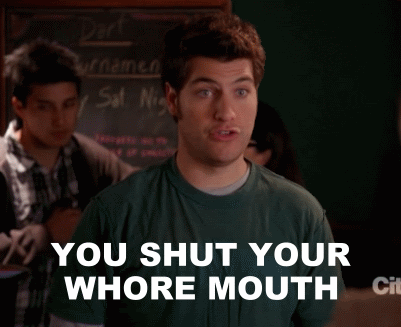I am against paying athletes. It will ruin college sports as we know them. The old obvious arguments, many are getting scholarship and education is more valuable than anything.
It opens up a can of worms for abuse, and makes it easier to hide signs of illegal payments.
There are many more arguments against, but my main argument is, it will destroy some sports, or athletic departments.
The Alabama's, Lsu's, Ohio States can afford (if they choose) to pay the maximum allowed by the NCAA/what the court says. Lesser schools in the Power 5, and those in mid-majors will face a terrible situation. Most of those outside the top Power 5 are losing money with the athletic department. This adds significant cost to an already strapped system. If paid what happens to that loss? It increases, and creates a bigger divide between the top 10% and everyone else. Iowa recently generated a 5-6 million profit, but that money is also used for updates to Kinnick, and other facilities etc. If Iowa was truly generating a lot of revenue, how come updating the wrestling facilities to keep pace with the other top tier programs is coming from private donations. Even Ohio State's wrestling room, the newest and best in D1 was funded privately. Recruiting will turn into
'"Ok, you will give me a scholarship for football (or in another sport such as wrestling, a 50% scholarship for example) but, how much will you pay me? This will lead to so many schools losing their ass more than they already do. If you think Alabama gets the most 4* and 5* recruits now, wait until they also pay the max allowed, while other schools have to pay less, or drop programs. Paying athletes is a bad idea. Depending on tuition costs (in state/out of state) a football scholarship athlete at Iowa could be getting the equivalent of $50,000-$135,000.
"While schools in the five autonomy conferences generate more revenue (via ticket sales, broadcast rights, and NCAA and conference distributions, among other sources) than their counterparts in the rest of Division I, median athletics expenses at those 65 schools exceeded their total generated revenues by roughly $7 million in 2019. Meanwhile, among the nonautonomy schools in Division I, median expenses outpaced generated revenues by nearly $23 million. Schools account for those deficits by subsidizing athletics via student activity fees and direct support from the university, among other means."

 www.espn.com
www.espn.com
It opens up a can of worms for abuse, and makes it easier to hide signs of illegal payments.
There are many more arguments against, but my main argument is, it will destroy some sports, or athletic departments.
The Alabama's, Lsu's, Ohio States can afford (if they choose) to pay the maximum allowed by the NCAA/what the court says. Lesser schools in the Power 5, and those in mid-majors will face a terrible situation. Most of those outside the top Power 5 are losing money with the athletic department. This adds significant cost to an already strapped system. If paid what happens to that loss? It increases, and creates a bigger divide between the top 10% and everyone else. Iowa recently generated a 5-6 million profit, but that money is also used for updates to Kinnick, and other facilities etc. If Iowa was truly generating a lot of revenue, how come updating the wrestling facilities to keep pace with the other top tier programs is coming from private donations. Even Ohio State's wrestling room, the newest and best in D1 was funded privately. Recruiting will turn into
'"Ok, you will give me a scholarship for football (or in another sport such as wrestling, a 50% scholarship for example) but, how much will you pay me? This will lead to so many schools losing their ass more than they already do. If you think Alabama gets the most 4* and 5* recruits now, wait until they also pay the max allowed, while other schools have to pay less, or drop programs. Paying athletes is a bad idea. Depending on tuition costs (in state/out of state) a football scholarship athlete at Iowa could be getting the equivalent of $50,000-$135,000.
"While schools in the five autonomy conferences generate more revenue (via ticket sales, broadcast rights, and NCAA and conference distributions, among other sources) than their counterparts in the rest of Division I, median athletics expenses at those 65 schools exceeded their total generated revenues by roughly $7 million in 2019. Meanwhile, among the nonautonomy schools in Division I, median expenses outpaced generated revenues by nearly $23 million. Schools account for those deficits by subsidizing athletics via student activity fees and direct support from the university, among other means."

SCOTUS to review NCAA athlete payment case
The Supreme Court has agreed to review in 2021 a court decision removing caps on education-related money some players can receive. The NCAA says it blurs "the line between student-athletes and professionals."



